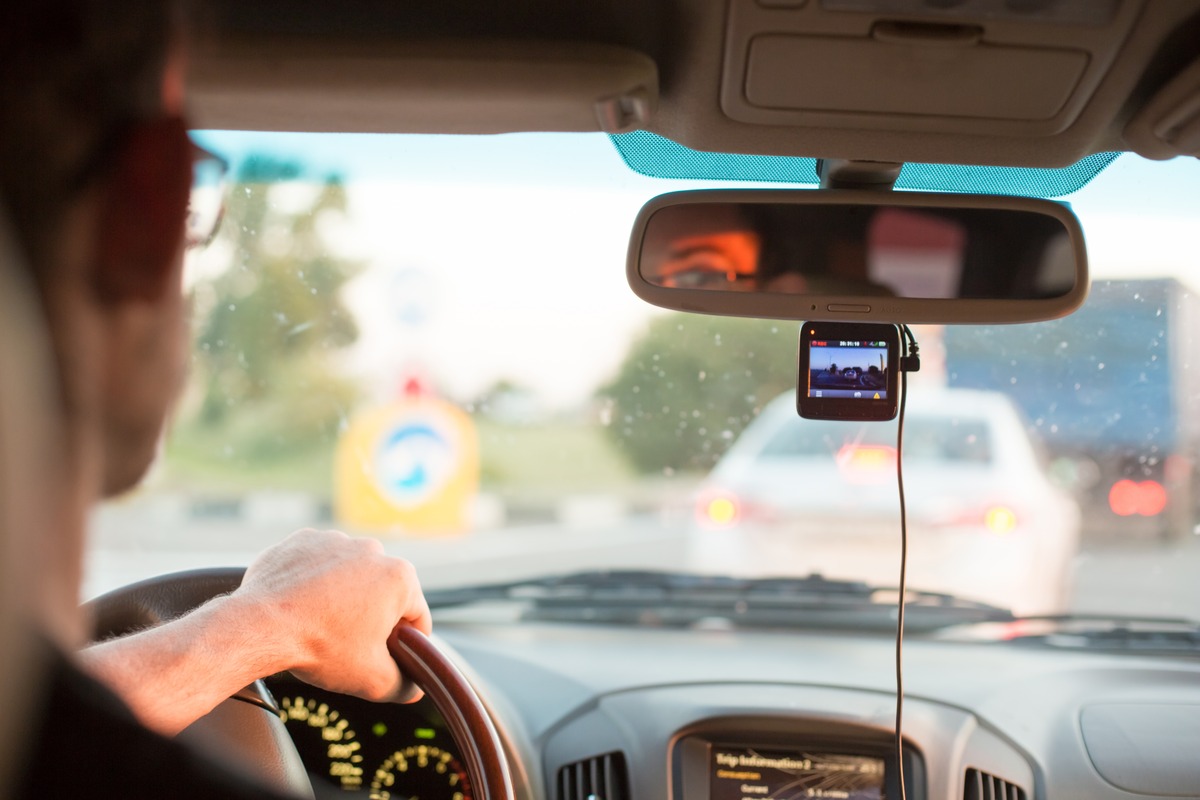The Importance of Dash Cam Footage in Car Accident Claims
In today’s world, car accidents can happen at any time, and when they do, proving fault can be a complex and often contentious process. This is where dash cam footage can make all the difference. With increasing awareness of the potential benefits, more and more drivers are opting to install dashboard cameras (dash cams) in their vehicles, not just as a security feature but as an essential tool for car accident claims. In this article, we will explore the importance of dash cam footage in car accident claims, how it can help prove liability, and why it could be your best ally after an accident.
What is Dash Cam Footage?
A dash cam is a small camera mounted on the dashboard or windshield of a vehicle. It continuously records video footage of the road ahead, capturing everything that happens during your journey. Depending on the model, some dash cams also record audio and video inside the vehicle, providing a more comprehensive view of the incident. The footage is saved on a memory card and can be accessed later in case of an accident.
Why is Dash Cam Footage Important in Car Accident Claims?
Here are some key reasons why dash cam footage is crucial for car accident claims:
1. Clear Evidence of Fault
In most car accidents, determining who is at fault is one of the biggest challenges. Drivers may have different versions of what happened, leading to disputes that delay or even derail your claim. Dashcam footage, however, offers an unbiased view of the accident. It shows precisely what occurred: a rear-end collision, a T-bone accident, or a hit-and-run. With dashcam footage, you can present a solid case showing who was responsible for the incident, making it easier for your insurance company, attorneys, and law enforcement to decide.
2. Protection Against Fraudulent Claims
Unfortunately, car accident claims can sometimes involve fraud. In some cases, other drivers may fabricate stories or exaggerate their injuries to try and secure a larger payout. Dashcam footage acts as a safeguard against these fraudulent claims. By providing visual evidence of the accident, dashcams make it harder for other parties to falsify details or claim injuries that didn’t occur.
3. Supporting Your Insurance Claim
When filing a car insurance claim, the burden of proof lies with you. Having dashcam footage to back up your version of events makes it easier for your insurance provider to process your claim quickly and accurately. This video evidence can help speed up the claims process and increase the likelihood of you receiving fair compensation for medical bills, vehicle damage, and other costs associated with the accident.
4. Providing Evidence for Legal Proceedings
If the accident leads to a lawsuit, dash cam footage can be invaluable in court. Judges and juries rely heavily on evidence to make decisions, and dashcam footage proves what occurred. Whether the case involves a traffic violation, negligence, or personal injury, having dashcam footage can significantly strengthen your case and improve your chances of a successful outcome.
5. Recording Other Critical Details
In addition to capturing the moment of impact, dashcams often record other critical details surrounding the accident. This may include the other driver’s actions, traffic signals, road conditions, weather, or even nearby vehicles. Such information can be pivotal in establishing the context of the accident, which can make a difference when determining fault or proving negligence.
How Dash Cam Footage Can Benefit You

Dashcam footage offers several advantages when dealing with car accidents and claims:
- Faster Claims Processing: Insurance companies often take longer to process claims with conflicting testimony. Dashcam footage simplifies the process, potentially leading to a quicker resolution.
- More Accurate Assessments: Insurance adjusters can make more informed decisions with clear video evidence of the accident. This helps ensure that you receive the appropriate compensation for damages and injuries.
- Enhanced Credibility: Having dash cam footage establishes credibility in your case. It’s a hard-to-dispute form of evidence that can give you an edge when negotiating with insurance companies or involved in a legal dispute.
Conclusion
The benefits of having a dash cam in your vehicle far outweigh the costs. In the unfortunate event of a car accident, dash cam footage can be invaluable in supporting your car accident claim. It provides clear, objective evidence of what happened, protects you against fraudulent claims, and helps ensure you receive fair compensation for injuries or damages. Whether it’s proving fault, supporting insurance claims, or strengthening your case in court, dashcam footage plays a pivotal role in today’s claims process.
If you’ve been involved in a car accident and need expert legal assistance, Roxell Richards Injury Law Firm is here to help. We specialize in personal injury cases and can guide you through the complexities of car accident claims. Contact us for a free consultation today, and let us fight for your rights.
Call to Action
If you’ve been involved in a car accident and need legal support, don’t wait—Roxell Richards Law Firm is here to support you through every step of the recovery and legal process! We are here to help you navigate the claims process, provide expert legal advice, and ensure you get the compensation you deserve. Contact Roxell Richards Law Firm today for a free consultation.
Roxell Richards Injury Law Firm
6420 Richmond Ave. Ste. #135
Houston, TX z7057
Phone: (713) 974-0388
Fax: (713) 974-0003
FREQUENTLY ASKED QUESTIONS
Q1: Can dash cam footage be used in court?
Yes, dashcam footage is admissible in court, provided it meets specific criteria. It must be authentic, relevant, and unaltered. In most cases, dashcam footage is considered reliable evidence because it captures real-time events in a way that no human witness can. However, the footage must be preserved in its original form without tampering.
Q2: What should I do with dash cam footage after an accident?
If you’re involved in a car accident, the first step is to ensure you safely exchange information with the other party. Then, immediately review the footage from your dashcam and back it up on a secure device, such as an external hard drive or cloud storage. Avoid deleting any videos unless instructed by your attorney or insurance provider. Your footage may be crucial to your claim, and maintaining its integrity is key.
Q3: Do I need to tell the other driver I have a dash cam?
There is no legal requirement to inform the other driver that you have a dash cam. However, in the spirit of transparency, it may be helpful to mention it, especially if you believe the footage may help resolve any disputes. Remember that while your dashcam can provide valuable evidence, you should always consult with your attorney before releasing footage to the other party or your insurance company.
Q4: Can dash cam footage be used to prove the other driver's negligence?
Yes, dash cam footage can help prove negligence on the part of the other driver. Suppose the footage shows that the other driver was speeding, running a red light, tailgating, or engaging in other dangerous behavior. In that case, it can strengthen your case and provide a solid foundation for your claim. This is especially helpful in cases of personal injury, where the extent of damages depends heavily on proving fault.
Q5: Are there any legal considerations when using dash cam footage in an accident claim?
While dash cam footage is an excellent tool for car accident claims, some legal considerations must be remembered. Some jurisdictions may have laws about privacy and recording audio inside the vehicle. Ensure you know your local laws regarding recording video and audio. It’s also essential to avoid tampering with or altering the footage, as doing so can discredit your evidence and harm your case.

